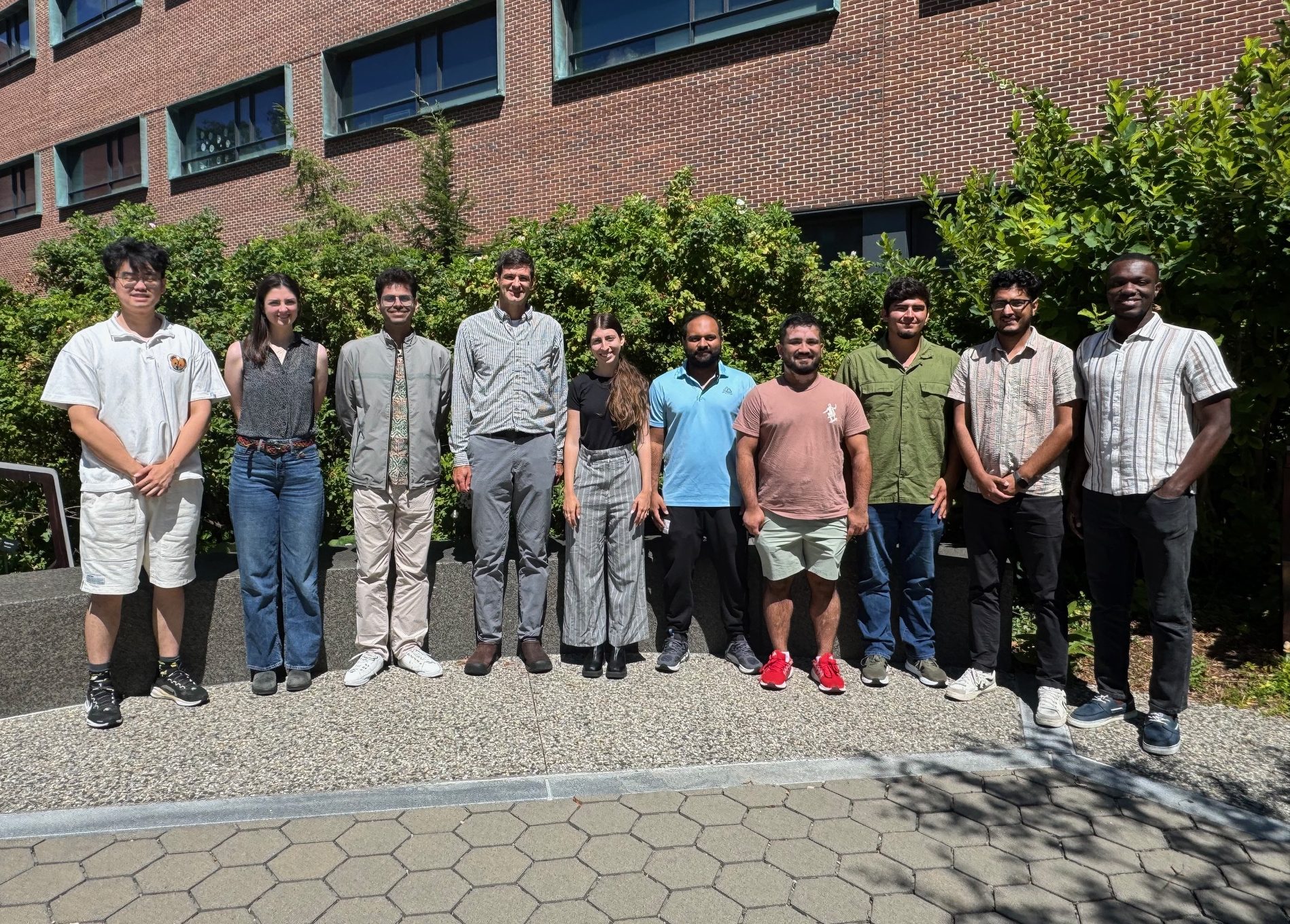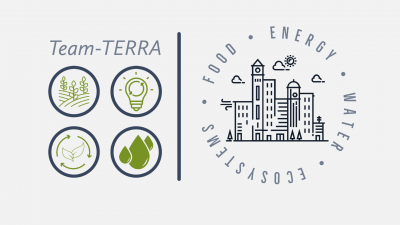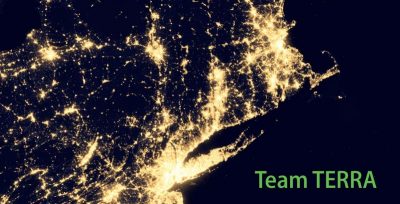Team-TERRA Cohort 4 - 2024-2025
Monica Martinelli, Zhiqing (Lucy) Li, Alyssa McDonnell, Jimmy Palmer, Yuanlong Dai, MD. Abdullah All Shakil, Shashika Himandi Gardeye Lamahewage, & Ritu Mohanpuria
Team-TERRA Cohort 3 - 2023-2024
Maria Paula Otero Mora, Mei-Ling Feng, Yara Medawar, Harshana Wedagedara, Yogesh Kumar, Lucy Hendrickson, Steven Matile, Maussi Arrunategui, Tyler Driscoll & Joseph Schnaubelt
Team-TERRA Cohort 2 - 2022-2023
Peter Billman, Ketki Samel, Katja Kwaku, Michael LaScaleia, Erin Dierickx, Durga Joshi, Madeline Kollegger, Bivek Bhusal, Catalina Vasquez, Josué Martínez-Martínez, Makduma Zahan Badhan & Naomi Adler
Team-TERRA Cohort 1 - 2021-2022
Adam Gallaher, Sarah Klionsky, Raul D. Flamenco, Jessica Espinosa, Franco Gigliotti, Madeleine Meadows-McDonnell & Yan Chen


